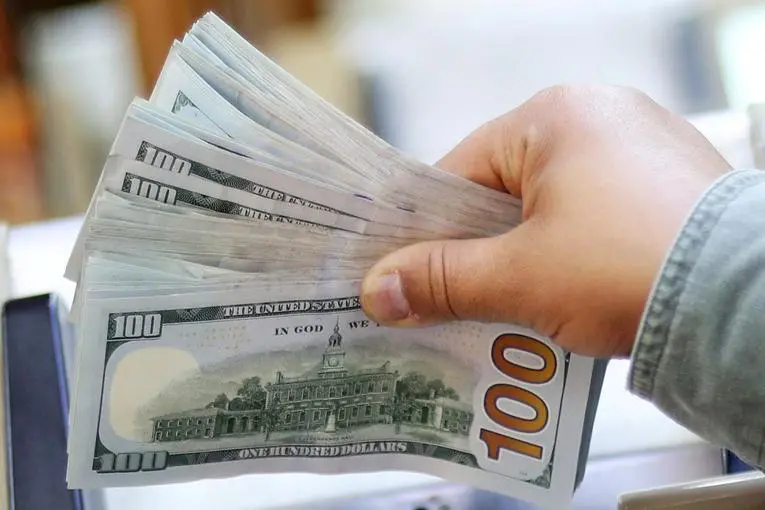PHOTO
NEW YORK - The dollar pared losses on Monday after it was reported that China has told state-owned firms to halt purchases of soybeans and pork from the United States, raising concerns that the trade deal between the United States and China could be in jeopardy.
The move comes after U.S. President Donald Trump said on Friday he was directing his administration to begin the process of eliminating special treatment for Hong Kong, ranging from extradition treatment to export controls, in response to China's plans to impose new security legislation in the territory.
China is ready to halt imports of more agriculture products from the United States if Washington takes more action on Hong Kong, sources told Reuters.
“The dollar and yen reversed course and picked up safe haven demand after China upper the ante in its game of risk with the U.S. by withdrawing purchases for some American farm products,” analysts at Action Economics said in a report.
The dollar index against a basket of currencies was last down 0.04% at 98.178, after earlier falling to 97.849, the lowest since March 16.
The U.S. dollar had weakened earlier on Monday on stronger risk appetite as optimism grew that some economies may be through the worst of the coronavirus downturn.
The euro briefly hit its strongest level since mid-March and trade-sensitive currencies including the Australian dollar rallied as investors took cheer from signs that some economies may be through the worst of the coronavirus downturn.
In China, the Caixin/Markit Purchasing Managers Index (PMI) showed a marginal but unexpected improvement in factory activity last month.
In the euro zone, the manufacturing PMI recovered somewhat in May from April's record low, although factory activity still contracted heavily. Japan and South Korea, however, saw the sharpest falls in activity in more than a decade.
The single currency was last up 0.08% against the greenback at $1.1107.
The Australian dollar was up 0.86% at $6723, after earlier rising to $0.6772, the highest since February 5.
(Additional reporting by Tommy Wilkes in London Editing by Alistair Bell) ((karen.brettell@tr.com))





















